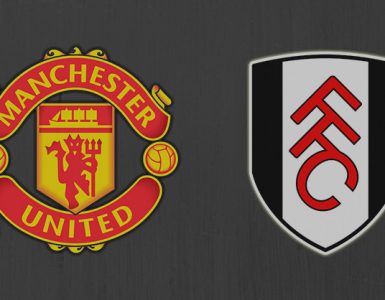Trump ‘acts like a mafioso’: Why NY’s AG may treat the Trump Organization like a mob racket in its criminal inquiry, according to legal experts
The New York attorney general’s office announced this week that it was conducting criminal investigations into the Trump Organization and its chief financial officer, Allen Weisselberg.
A spokesperson for New York Attorney General Letitia James said her office was coordinating with the Manhattan District Attorney’s Office, which has been running a separate investigation into Trump’s and the Trump Organization’s finances.
Trump responded to the news of the investigation by issuing a 909-word statement in which he said he was the victim of “political persecution.”
Legal experts told Insider’s Jacob Shamsian that the unusual announcement could be a strategy to get more witnesses to cooperate, but the move also reignited speculation about which types of charges, if any, prosecutors may pursue.
One route prosecutors could take is to treat the Trump Organization like an organized-crime operation and seek charges under Racketeer Influenced and Corrupt Organization (RICO) laws.
Insider spoke with University of Notre Dame law professor G. Robert Blakey, who helped draft the 1970 federal RICO Act and similar legislation in 22 states, and Jeffrey Robbins, a white-collar attorney and former federal prosecutor, about how such laws could come into play.
What are RICO laws and how could they apply to the Trump Organization?
The federal RICO Act was enacted as a way to combat organized crime, and a majority of states have since passed similar laws.
But even though they’ve come to be associated with cases involving the mafia, Robbins said RICO laws could apply to any situations where organizations engage in criminal activity for the benefit of their officers or owners.
“The RICO statute is brought all the time in cases which do not involve physical violence, but which involve financial criminality, so it doesn’t surprise me in the slightest that, among the things, that prosecutors are looking at whether there’s a basis to charge the organization with racketeering,” Robbins said, adding that it was too early to predict prosecutors’ plans.
While they’re complex and vary by state, RICO laws typically involve a person engaging in a “pattern of criminal behavior” through an “enterprise” over a certain period of time for their financial gain, according to Blakey.
Prosecutors could look at criminal activity involving not just the Trump Organization but also Trump’s use of the US government for his personal gain, Blakey added.



























